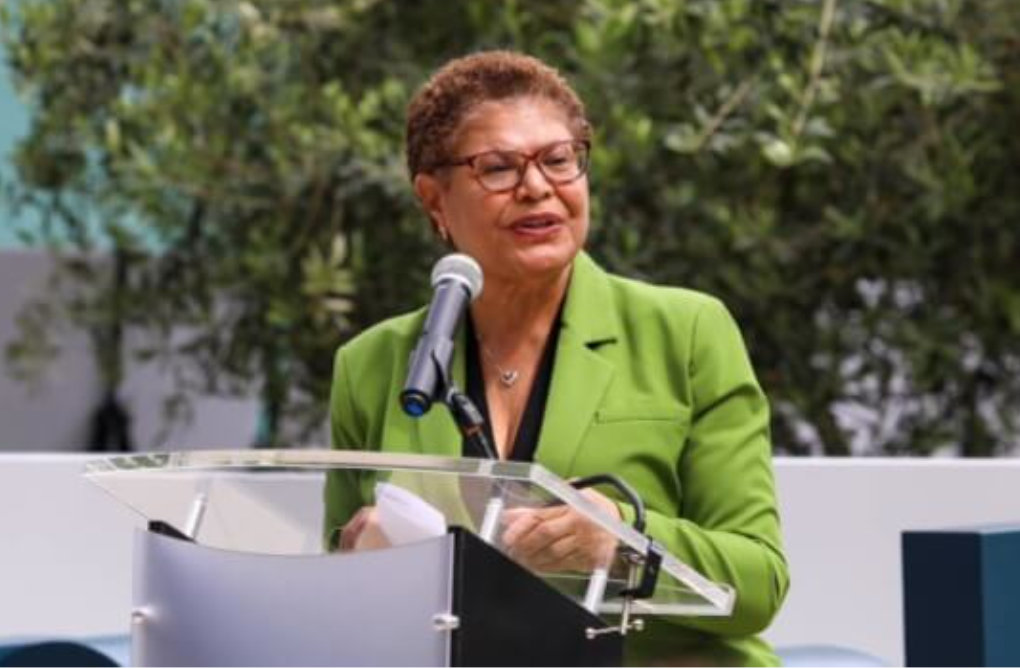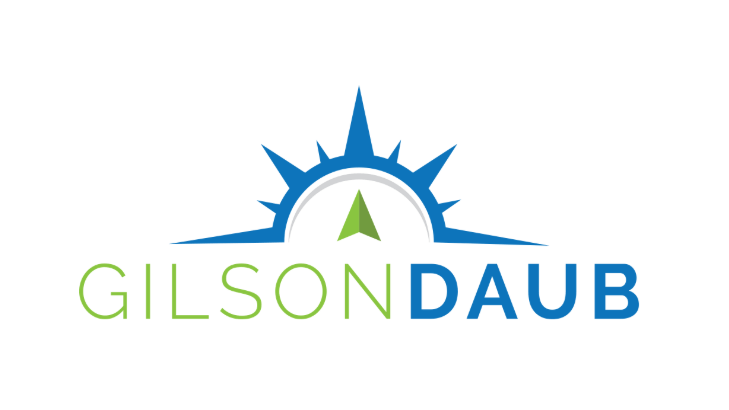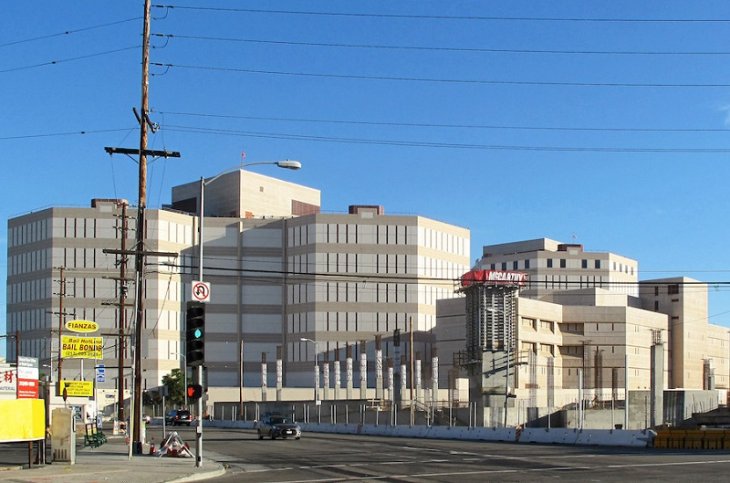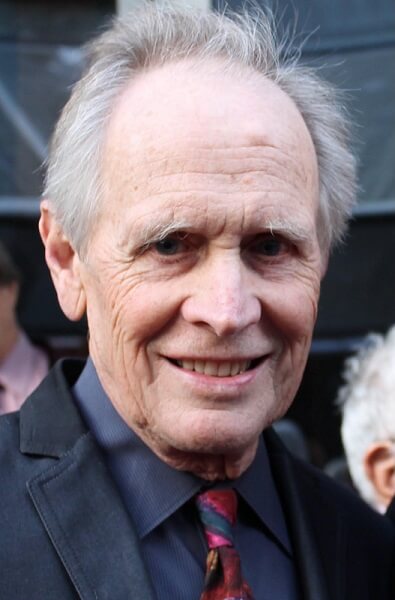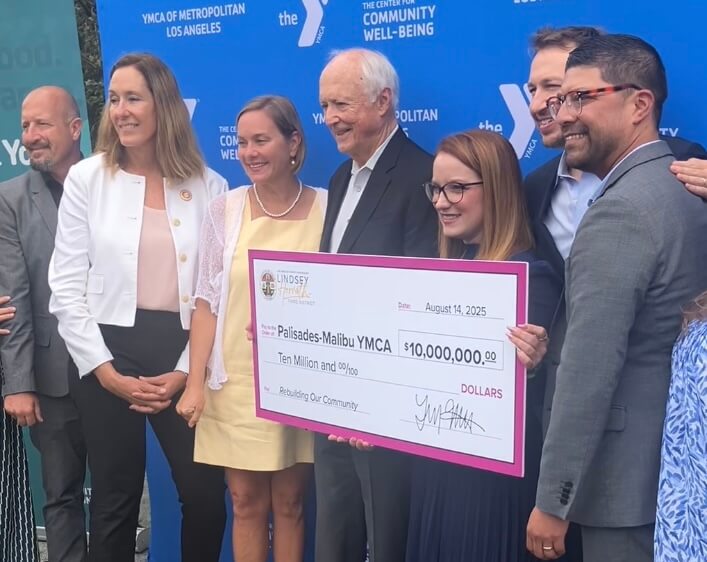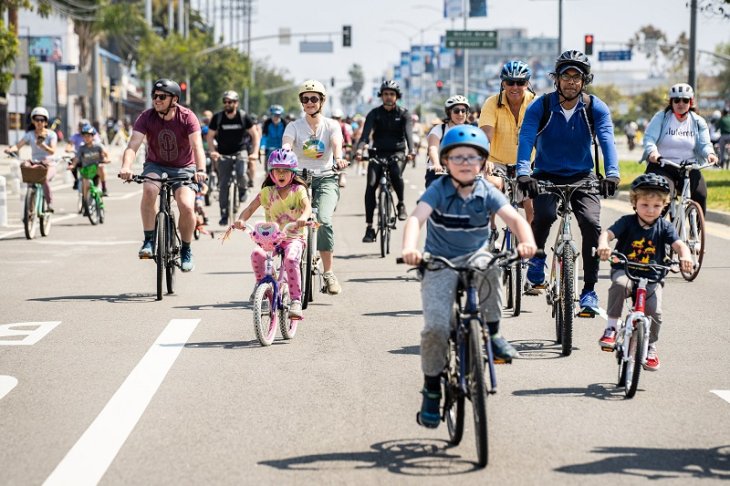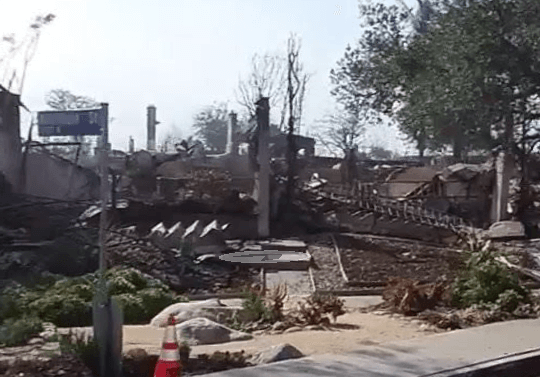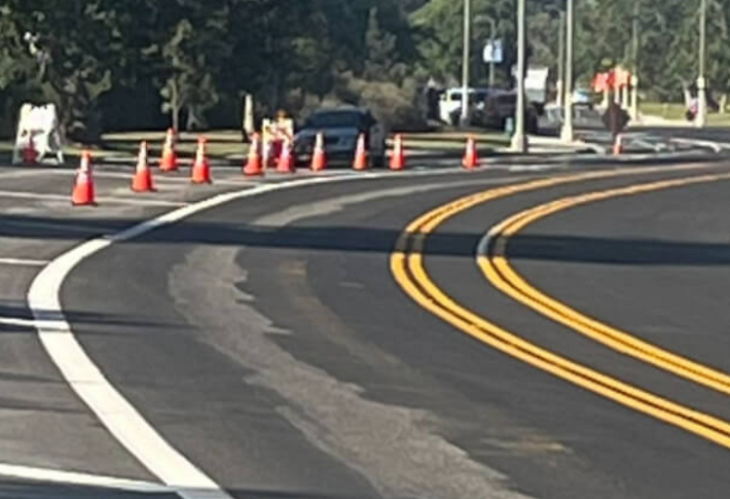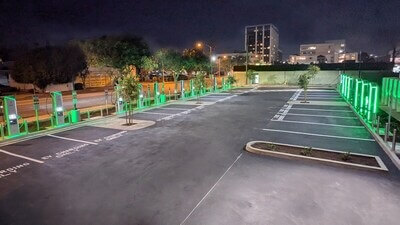The U.S. Army Corps of Engineers, under Colonel Swenson, has cleared 500 properties in the Palisades, enabling rebuilding to begin
Mayor Karen Bass unveiled new measures to aid Pacific Palisades residents recovering from a catastrophic firestorm that claimed 12 lives and destroyed thousands of homes just over 100 days ago. In her State of the City address Monday, Bass outlined initiatives to streamline rebuilding and support the community, emphasizing a rapid and resilient recovery.
Bass introduced a self-certification program to reduce redundancy in the permitting process, allowing residents to bypass repetitive bureaucratic steps. Additionally, she announced an innovative initiative to deploy artificial intelligence to accelerate the city’s permit approvals, aiming to get Palisades residents back into their homes faster. If successful, both programs could expand citywide.
“Home is at the heart of healing,” Bass said, addressing the Palisades community directly. She noted that the recovery is on track to be California’s fastest, with permits issued twice as quickly as after the 2018 Camp and Woolsey fires and utilities restored significantly sooner.
The mayor also highlighted a public-private partnership to rebuild the Palisades Recreation Center, led by organizations like Steadfast LA and LA Strong Sports, with support from Lakers coach JJ Redick. The initiative aims to provide a renewed community space for youth still grappling with the trauma of the fires and the pandemic.
Bass praised local heroes, including Larry Vein of Pali Strong, Maryam Zar of the Palisades Recovery Coalition, Sue Kohl of the Pacific Palisades Community Council, and Kevin Chin, a cancer patient who saved lives during the blaze. She also commended Councilwoman Traci Park for her tireless advocacy, noting her daily presence at fire stations and recovery centers.
The U.S. Army Corps of Engineers, under Colonel Swenson, has cleared 500 properties in the Palisades, enabling rebuilding to begin. A Disaster Recovery Center opened in January has assisted nearly 10,000 households with vital documents and services, while four Worker and Family Recovery Centers offer financial and business aid to those who lost jobs, including housekeepers, caregivers, and small business workers.
“We still have a long way to go,” Bass acknowledged, “but we are committed to delivering results for this community.”

